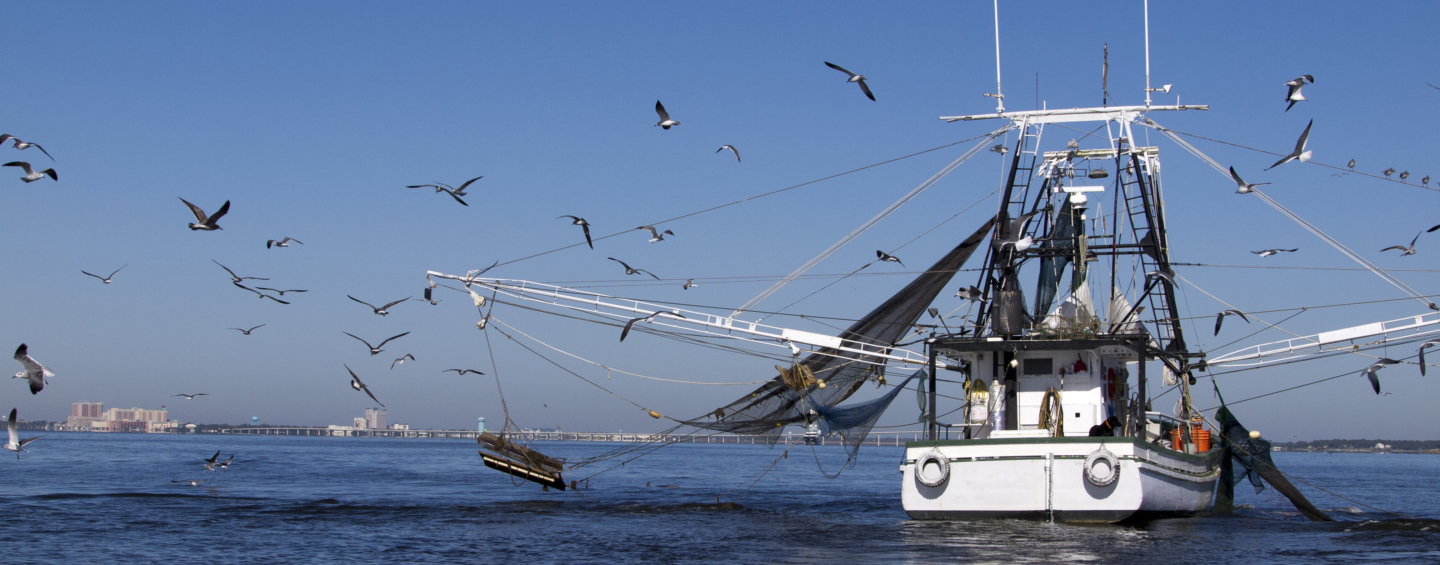When we first approached shrimp processors in the U.S. Gulf back in 2008, it was a disaster. Most companies didn’t even bother to show up, and at the time, it wasn’t hard to understand why.
Like most businesses in most supply chains, processors and fishing companies were already overwhelmed with procurement, quality, health and safety, sales, payroll, and financing. Sustainability felt like just another thing added to an already large list. There was also a lot of uncertainty. Nobody knew what a FIP really was, what it would cost, or whether it would bring benefits. On top of that, many in the U.S. industry had had negative experiences with NGOs, which they saw as confrontational. Add in the doubt about whether buyer commitments were real or fleeting, and their reticence made sense.
Getting industry onboard (the van)
So how did we get past that early resistance?
First, we made it easy for the companies to act. We began with the companies who were willing to come to the table. Together, we built an implementation plan that addressed sustainability issues and also aligned with the work they were already doing. That reduced the fear of the unknown, in terms of expectations and costs.
Second, we built trust. In addition to listening and showing we weren’t out to get them, we helped explain their improvement plans to their customers, who in turn adjusted their expectations and committed to continue sourcing.
Third, we grew buyer interest, to open more doors to more discussions with more catchers and processors. Back in those early days it took some extra effort, including organizing a buyer road trip. SFP hired a nice van and invited a half dozen or so major shrimp buyers on a week-long road trip from New Orleans to Destin and back, visiting docks and processing plants and meeting with companies along the way. It’s remarkable who will take a meeting when you say you’ll be driving past in a few hours and do they want to meet with buyers with over a billion dollars worth of seafood buying budget at their disposal. Particularly when their competitors were already engaged and reporting good results.
Knocking softly and building trust
Lessons learned? Don’t start by kicking the door down! Instead of making extreme demands and creating public pressure, try quietly knocking on the door, and if someone opens up, work with them to make progress. As folks see results, they’ll get more ambitious. As others see results, they will want to join. Make it as easy as you can, not as difficult as possible. Lasting change rarely comes from force. It comes from conversation, trust, and finding the overlap between doing good for the planet and doing right by the business.
Ultimately the companies that joined the improvement effort as a result of those meetings with buyers in a van are still leading improvement efforts today. Check out our U.S. Gulf shrimp Impact Story to see the progress for yourself.

